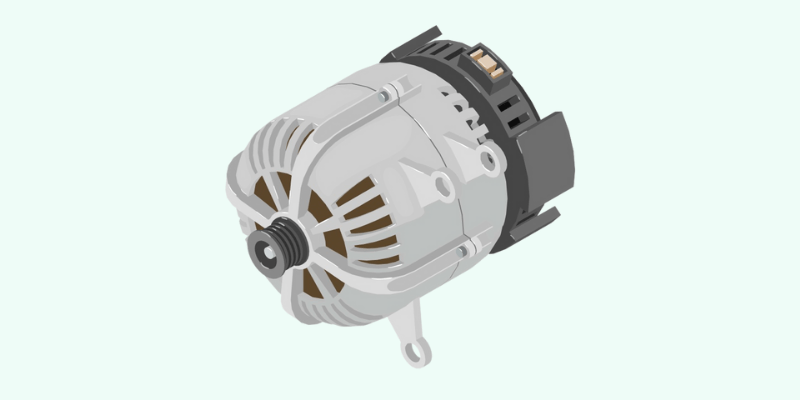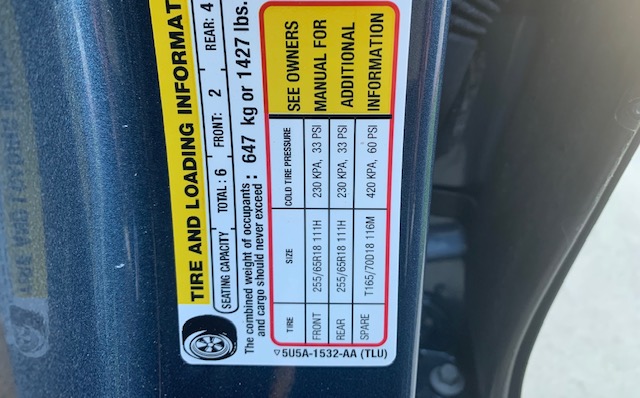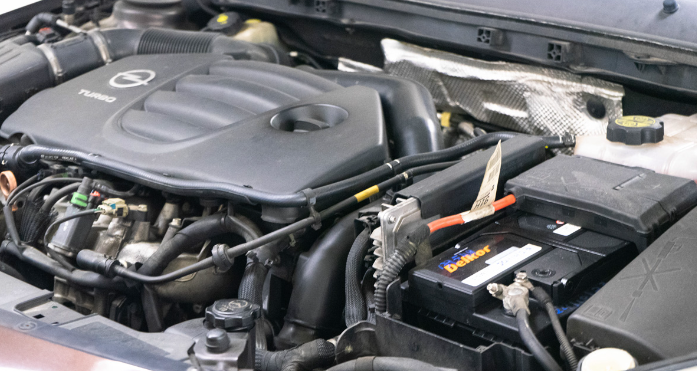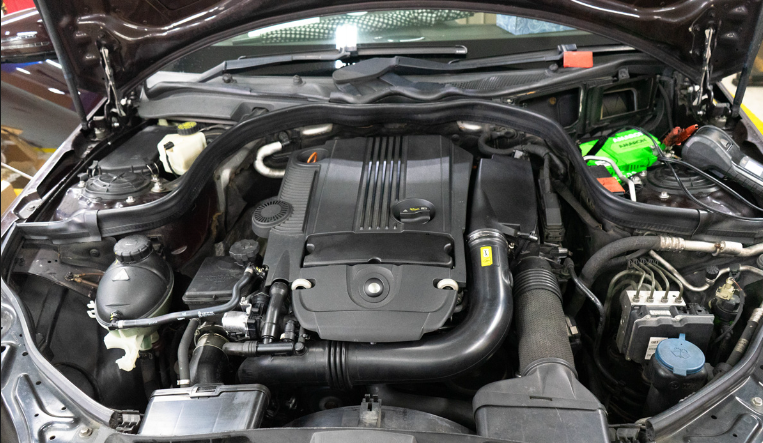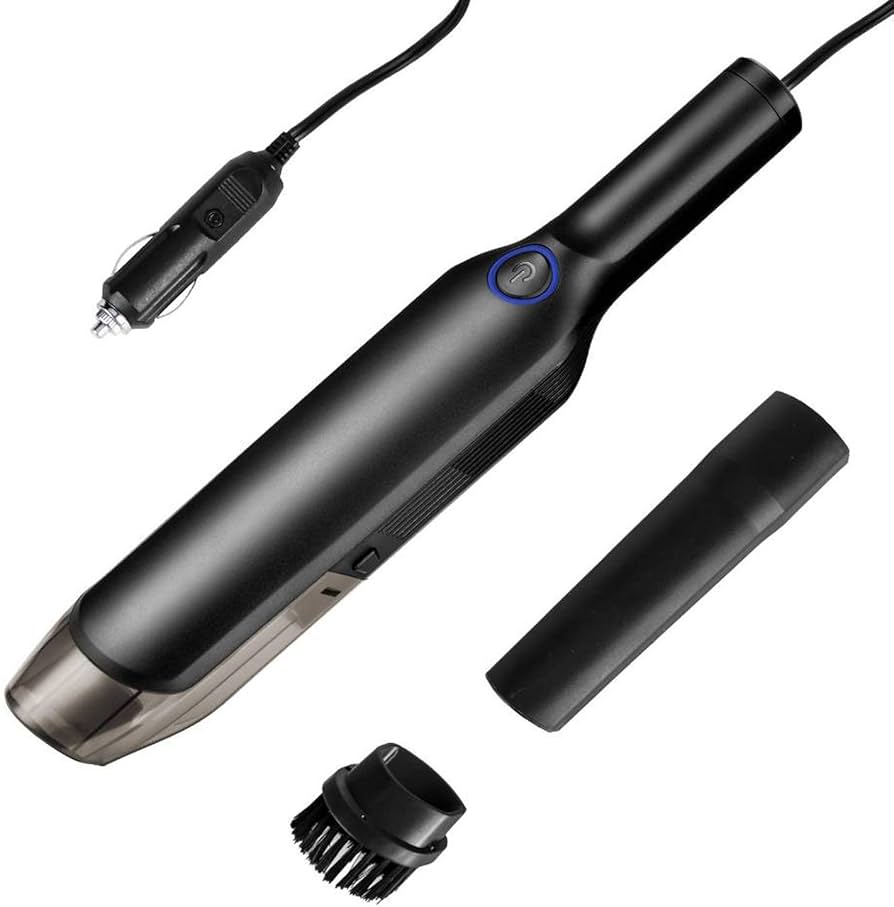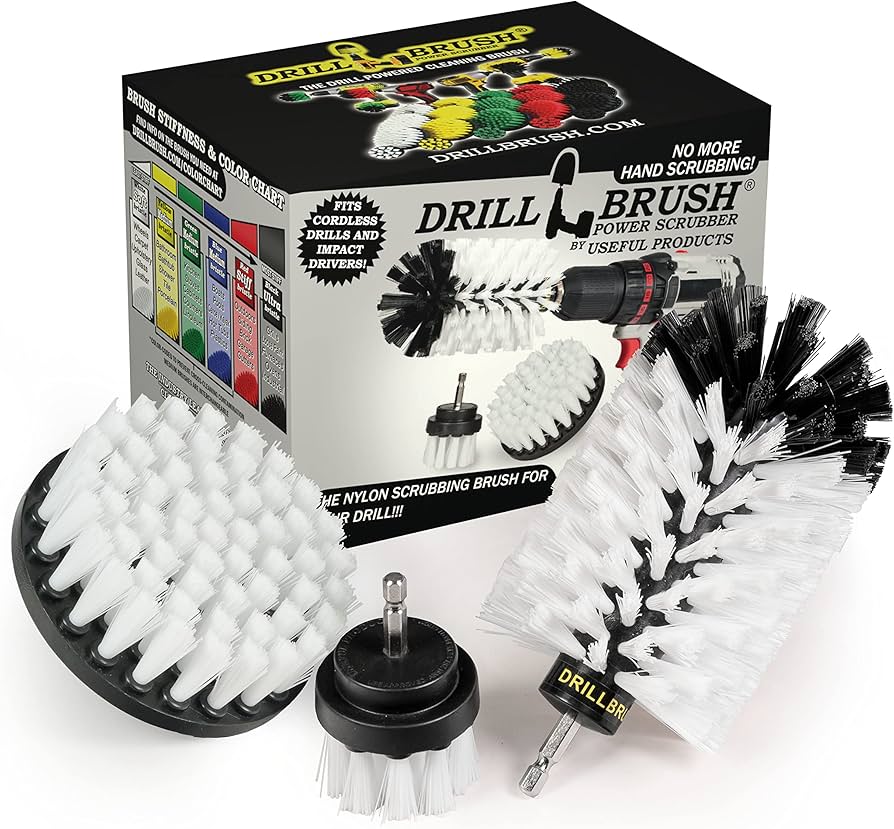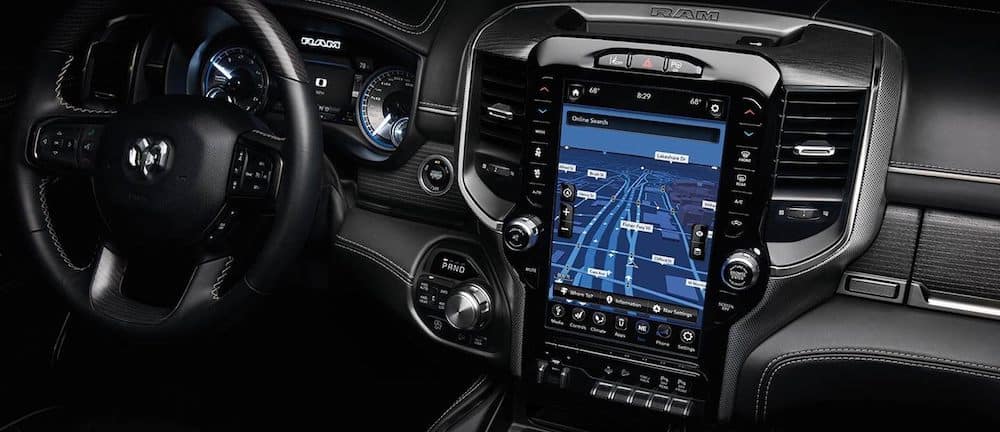It is quite unnerving, troubling, and frustrating to have your vehicle stop in the middle of nowhere. A few factors could be the cause. It could be a faulty alternator or battery.
If you suspect the alternator or battery, switch on the headlights. If it’s dim, you have a faulty alternator.
Ignoring fixing it for an extended period will disrupt your smooth driving experience.
If the alternator is weak or completely bad, you’ll have to fix or replace it. If you choose to replace it, you may wonder, “How much does it cost to replace an alternator in 2024?”
This article will outline the signs of a lousy alternator, and the replacement cost, and answer some relatively frequently asked questions.
What Does An Alternator Do?
The alternator converts the engine’s mechanical energy into electrical energy to power the car electronics and keep the battery charged.
It also converts the direct current from the car battery into an alternating current to prevent damage to the car’s electrical systems.
Automakers have introduced alternating current to vehicles since the 1960s since it is safer to handle car electronics.
Overall, the alternator provides suitable electric flow to your vehicle’s electronic and electrical systems and continually recharges the battery for easy start-up.
Symptoms that Show Your Alternator is Bad and Needs Replacement
Every failing vehicle system component displays some signs to notify the driver of underlying issues before it finally stops working. And your vehicle alternator is no exception.
Therefore, some parameters show your alternator is wearing off and needs to be repaired or replaced.
If you notice any of the following symptoms, contact your mechanic to diagnose and replace your alternator.
Strange noise from the engine bay
A faulty alternator may not allow the pulley to rotate as it should, causing a squealing or squeaky noise from the engine compartment.
Let’s get this straight; several faulty components can make odd noises.
You would want to open the hood and examine where the noise is coming from. Inspect the pulleys in front of the engine.
If you find it challenging to easily figure out where the noise is coming from, remove the alternator belt and start the engine to see if the noise will stop.
If the noise ceases, you have a faulty alternator that needs replacement.
If your vehicle uses a serpentine belt (one giant drive belt), then you have to play the pulleys one after the other. The reason is that the noise may come from a different lousy pulley.
So, you want to make sure that you track the culprit.
Car not starting
The alternator plays no role in starting up the vehicle. However, it indirectly ensures the vehicle starts the next time you want to turn on the car. What does this mean?
As a car runs, the alternator supplies alternating current to power the vehicle’s electronic components and recharge the battery.
If the alternator output cannot keep the battery charged, then the battery cannot provide enough electrical energy to start the vehicle.
There are probable chances you have a dead battery that is not holding charge.
For example, a bad alternator or dead battery causes your car not to start.
Warning lights/Dashboard lights
A lousy alternator practically reduces the electric flow in a vehicle. It will also diminish the battery’s direct current.
As a result, you’ll observe dimmed headlights when you switch on the lamps.
In some old and modern vehicles, you will notice warning lights, like batteries, alternators, or engine warning lights on the instrument cluster.
Electrical systems malfunctions
The alternator provides electrical flow to the electrical systems of a vehicle.
If it fails, it will not provide adequate power for the car electronics and other electrical components to function properly.
The alternator powers electrical components, like the power windows, power seats, heated seats, air conditioning systems, climate controls, and the radio.
If you have weak horns, dim headlights, or two or more electrical system malfunctions, a lousy alternator can be the culprit.
Stalling engine
A failing or bad alternator can cause the engine to stall on newer vehicles with electric injectors.
This is true because electronic fuel injectors need adequate electric current to function properly.
A proper amount of air-fuel mixture ratio is needed in the combustion chamber for a smooth combustion process.
Therefore, if a bad alternator affects the electric flow to the electronic injectors, it’ll affect the amount of fuel entering the combustion chamber.
Of course, you know what this means – engine stalling.
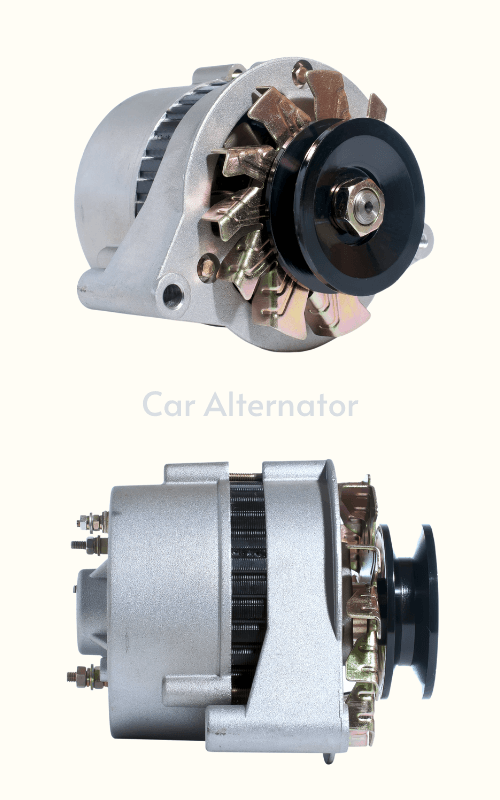
Alternator Replacement Cost
If you notice one or more of the outlined signs above and diagnoses prove the alternator is the culprit. Repair or replace it. If you choose to repair it, you’ll make some savings while putting everything in place.
However, I recommend replacing the alternator if you are concerned about the cost.
Unfortunately, alternator replacement costs can be pretty high. Depending on your vehicle, the replacement cost can be $300 to $1,000.
The replacement cost includes shipping fees, parts, and labor costs. In some regions, you may replace your alternator for only 200 bucks. This, however, depends on your car model.
How To Repair Car Alternator
If you choose to repair your alternator instead of replacing it, you can either do it yourself or have a mechanic do it.
Repairing car alternators is not for amateurs. The process is not too complex, but since your vehicle’s electrical systems depend on it, it should run at optimum performance.
It’ll cost you time and spare parts to replace lousy units.
First, remove the serpentine belt. Then, proceed to unbolt the mounting bolts.
Finally, wiggle off the alternator and take it to your mechanic vice.
Uninstall the plastic cover and examine the brush. The brush should be snug. Replace them if they are loose or jammed.
Take off the resistors and rectifiers. You may have to disconnect the soldered wires. Replace the rectifier if it needs replacement and reconnect the wires.
Clean the amateur shaft before replacing the brushes. Ensure the springs sit properly when fixing them back.
Replace a lousy voltage regulator and couple the alternator using the reverse process.
How To Change Car Alternator
Replacing an alternator in a car is a simple repair task that anyone can do with the right guide. Here’s a simplified guide on how to replace an alternator.
Step 1: Disconnect the drive belt
Park your vehicle on a leveled and strong pavement. Open the engine bay and disconnect the negative terminal on the battery. Next, locate the alternator and the drive belt tensioner. Depress or loosen the tensioner and pry off the drive belt.
Most serpentine belt tensioners are spring-loaded. Loosen it carefully so it won’t return and injure you.
Step 2: Disconnect the wiring harness and loosen the alternator
Depending on your vehicle, you may need to remove some system components before accessing the alternator.
Remove any components blocking the alternator so you can do the job easily.
Carefully unplug the electrical connector on the alternator. Then, locate and loosen the bolts holding the alternator in place.
The alternator may prove stubborn to come off. So, wiggle it off or use a pry bar to pull it out.
Step 3: Install the new alternator
Get the new alternator and install it where you removed the former one. Guide all the mounting bolts by hand before tightening them with a spanner.
After that, inspect and connect the drive belt. If you have a bad belt, replace it with a new one. Follow the reverse process when connecting the drive belt. Ensure you properly align the belt on all the pulleys.
Next, check the belt tension and ensure it is not loose or over-tightened. A loose or over-tightened belt will cause frustrating squeaky noise.
Step 4: Connect the battery
Connect the negative battery terminal you removed earlier.
Reconnect other components you removed. Start the vehicle and remove the battery terminal.
If the vehicle keeps idling smoothly, you have successfully installed a new alternator.
You can also check the alternator with a voltmeter. It should read 13.1 to 16.5 volts.
FAQs
How long do alternators last?
How long does it take to replace an alternator?
How much does an alternator cost?
Should I change my battery when replacing the alternator?
How do I know the alternator is not working properly?
A lousy alternator will display some signs when it starts failing. Some of these signs are like symptoms of a dead battery. Here are the signs that show the alternator is not working properly.
- Dim exterior lights
- Alternator warning lights on the instrument cluster
- Dim headlights
- A burning smell from the engine bay
- Squealing or squeaky noise.
Final Words
Knowing the cost of replacing an alternator is vital because it’ll help you strike out a budget. So we’ve addressed the cost of replacing a lousy alternator as a road map.
Finally, while we outlined a simplified guide on how to replace a bad alternator, if you don’t trust your guts, have a professional mechanic replace it.
This will ensure everything works as it should.
